Melatonin on the couch
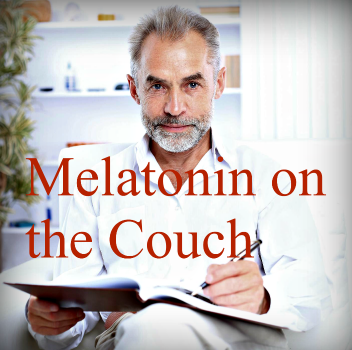
A previous podcast discussed how jet-lag medication was used to treat young people for sleep problems. A dietary supplement containing melatonin was readily available in health shops throughout the United Kingdom until it was banned. In some cases, melatonin supplements may also contain serotonin.
Be mindful that the human body can make melatonin from the enzymatic conversion of serotonin into melatonin. There have been reports of poisoning in children who needed hospital care, and several young children died from a melatonin overdose.
More...
Five of the seven deaths occurred in children younger than one year old. There have also been further concerns about how it might affect a child’s growth, development, and well-being, particularly during puberty. Studies found that morning sleepiness, drowsiness, and perhaps increased urination at night are the most common side effects that occur while taking melatonin.
Always talk with your paediatrician about the proper dose and timing of melatonin for your child. And remember, it should be something other than a good bedtime routine, young or old.
Let’s start by looking at this hormone in more detail
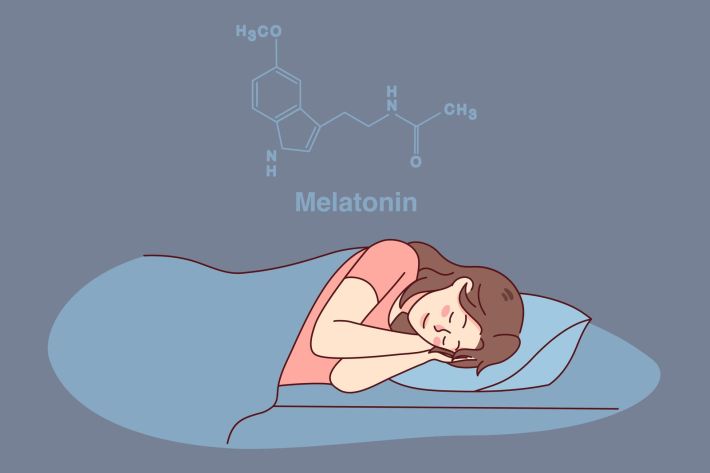
An article by Amelia Nierenberg wrote in the New York Times states that most people think of melatonin as a natural sleep aid, like chamomile tea in pill form. But melatonin is also a hormone that our brains naturally produce, and like it or not, hormones, even in minuscule amounts, can have a potent effect throughout the body.
“There are some clinical uses for it, but not the way that it’s been marketed and used by the vast majority of the public,” said Jennifer Martin, a psychologist and professor of medicine at the University of California, Los Angeles.
Experts strongly urge people to consult their doctor or a sleep specialist before taking melatonin, partly because the supplement does not address many underlying health problems that disrupt sleep.
Anxiety can cause insomnia, as can a host of other potentially serious ailments, such as sleep apnoea, restless legs syndrome or mood disorders like depression, that may require medical treatment. In short, any stressor, such as sleep apnoea, chronic infections, allergies or psychological-emotional, can therefore raise cortisol levels.
Melatonin and cortisol are in an opposite relationship; when melatonin is high, cortisol should be low and vice versa. When either of these gets out of balance, our ability to sleep is affected.
Melatonin, however, is relatively inexpensive and readily available at local pharmacies in the United States. However, in the United Kingdom and other countries, it typically requires a prescription, and many people will go out and buy it on their own. So what’s the best approach to taking melatonin?
Here’s what experts had to say.
How does melatonin work?
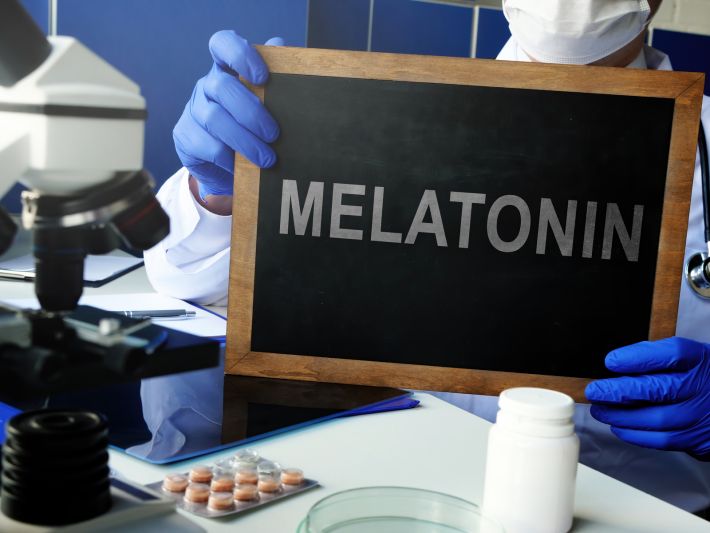
Melatonin, often referred to as the molecular expression of darkness, is a hormone the pineal gland produces in response to darkness that regulates the sleep-wake cycle. During the day, the gland does not create melatonin.
After the sun sets, darkness triggers it to secrete the hormone into the bloodstream to bind to receptors in various tissues and therefore enforce circadian rhythms causing drowsiness and other signals that it’s now time to sleep. Melatonin is light sensitive and will react to morning light exposure when our brain is signalled to pull back on melatonin release.
Morning light also signals the brain to release cortisol, our awake and defence hormone against potential predators.
During the day, the brain’s pea-sized pineal gland remains inactive. A few hours before our natural sleep time, as it gets dark outside and the light entering our retina fades, the gland switches on to flood the brain with melatonin.
There shouldn’t be any surprise that melatonin is sometimes called the ‘hormone of darkness’ or ‘vampire hormone’ because it comes out at night, said Matthew Walker, a professor of neuroscience and psychology at the University of California, Berkeley, and the author of the book “Why We Sleep.”
Melatonin and cortisol are in an opposite relationship; when melatonin is high, cortisol should be low and vice versa. When either of these gets out of balance, our ability to sleep is affected.
As levels of melatonin rise, levels of cortisol, the stress hormone, fall, and respiration slows. Soon, our eyelids begin to droop.
Instead of a lights-out trigger, melatonin acts more like a dimmer switch, turning the day functions off and switching the night functions on. So taking a melatonin supplement is like taking a dose of sunset, tricking your body into feeling like it’s nighttime. It doesn’t put you to sleep as much as it tells the body it’s time to sleep.
Dr Rosen, a sleep medicine doctor and associate professor of medicine at the Perelman School of Medicine at the University of Pennsylvania, said, I think there is a misconception about how melatonin is used because it may make you feel a little drowsier when you take it.
It has a more significant impact on regulating the timing of your general sleep-wake cycle and helping to set the circadian clock. This 24-hour internal timekeeper tells your body what time of day it is and syncs it with the outside world.
According to Albert Einstein, “The only reason for time is so that everything doesn’t happen at once.” Our circadian rhythm sets the timing for biological events so that everything doesn’t happen at once.
Melatonin can also provide seasonal signals, with higher levels in the fall and winter period and lower levels in the spring and summer, thus correlating to the changing daylight hours.
Dr Martin, a spokeswoman for the American Academy of Sleep Medicine, said, The impact it has on our sleep depends on the time of day that you take it; if you took a sleeping pill in the middle of the day, it would make you feel sleepy, but if you then take melatonin instead, it wouldn’t have the same effect.
Hypnotic drugs like Ambien or Benadryl generally cause people to feel sleepy right away, and the sedation effect of those medications “far exceeds that which they obtain from melatonin,” said Dr Alon Y. Avidan, a professor of neurology and director of the Sleep Disorders Center at UCLA.
Remember that certain drugs can cause the depletion of melatonin, including Non-steroidal anti-inflammatory drugs that are widely used to relieve pain, as also antidepressants, beta blockers and estrogen-containing medications can reduce this hormone
How effective is melatonin?

In one analysis published in 2013 in PLOS One, which combined results from 19 studies involving 1,683 men and women, people who took melatonin supplements fell asleep seven minutes faster. They increased overall sleep time by eight minutes. That may not sound like much, but there was a lot of individual variation. Researchers found that melatonin also improved overall sleep quality, including people’s ability to wake up feeling refreshed.
However, there’s no guarantee that melatonin will work for you.
Dr Sabra Abbott, an assistant professor of neurology in sleep medicine at Northwestern University Feinberg School of Medicine, said the most common complaint she hears from patients is, “I tried melatonin, and it didn’t work.” Many also feel hungover or groggy the following day.
Dr Martin said that in many studies, melatonin does not work any better than a placebo but added, “One caveat I always like to mention, though, is that placebos work pretty well for insomnia.”
What about dosage?
We naturally make melatonin in our brains, but only in picogram amounts, or one trillionth of a gram, which Dr Rosen described as “a whiff of it coming out at dusk.” Over-the-counter melatonin supplements come in much higher milligram doses, or a thousandth of a gram. That’s a big difference, although the amount reaching the brain more closely approximates natural levels.
Many experts recommend starting with the slightest available dosage — 0.5 milligrams to 1 milligram, 30 minutes to an hour before bedtime — and seeing how you do from there. If that has no effect, the dose can be gradually increased.
“If you try a dose, stick to it for a few days before you make an adjustment,” Dr Martin said. “It’s one of those things that may not happen overnight.”
“Keep a close eye on how you feel the next day,” Dr. Abbott said. “Feeling groggy or hung over is a sign that the dose is probably too high.”
Are there side effects?

The good news: In the short term, melatonin is unlikely to do any harm. But it can be age-related, and caution is advised.
Compared to most other sleeping pills, the side effect profile is much better, and it’s not going to be addictive, said Dr Bhanu Prakash Kolla, an associate professor of psychiatry and a consultant at the Center for Sleep Medicine at the Mayo Clinic.
But because melatonin can cause drowsiness, the Mayo Clinic warns that you shouldn’t drive or operate machinery within five hours of taking it.
Can melatonin affect our dreams?
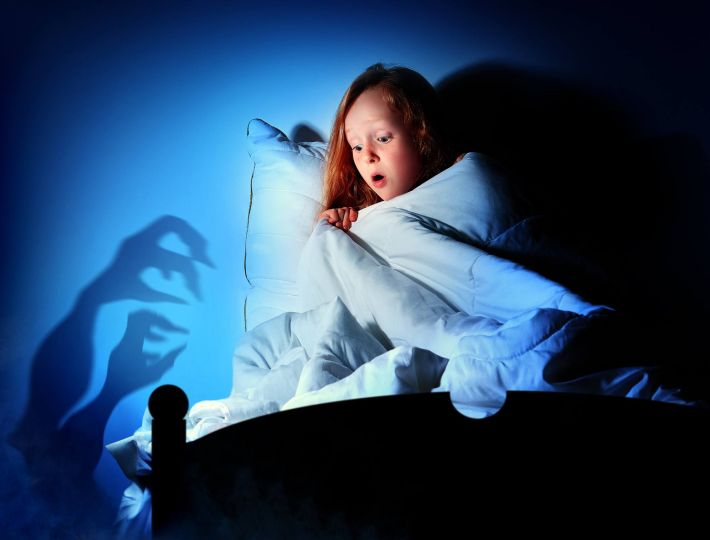
Far and away, the most common side effect that I have patients report to me is that their dreams just become much more vivid, Dr Abbott said. Scientists are still determining why that happens.
Dr Kolla has also seen patients who have nightmares or disruptive dreams and are familiar with sleeping pills. “In that case, you want to try to lower the dose. Or, if it’s too problematic, stop.”
How do doctors use melatonin?
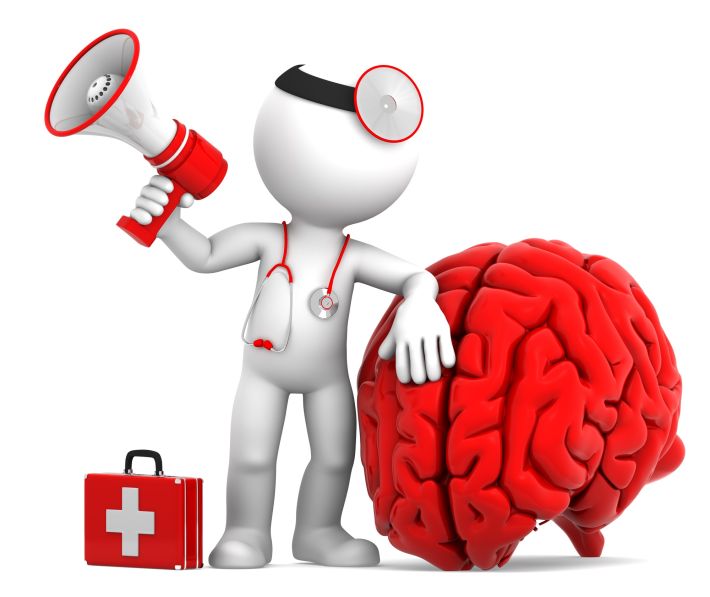
Sleep doctors may use melatonin to help patients with circadian rhythm disorders regulate their sleep-wake cycles.
For example, during the pandemic, Dr Avidan said, “we’ve seen those people who become super night owls” unable to fall asleep until 2 or 3 a.m.
Experts also suggest people use a bright light in the mornings to help them wake up, which has “alerting properties and can suppress any remaining melatonin production,” said Dr Abbott.
Should you take melatonin for jet lag?
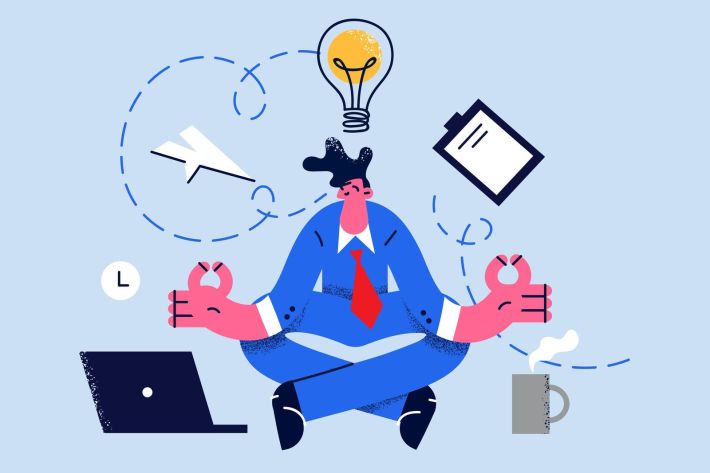
Jet lag is a temporary circadian rhythm disorder so that that melatonin may help. To alleviate the worst effects, doctors recommend consulting one of several online calculators available, which ask you for your destination and arrival points, your flight time and your standard sleep patterns.
Dr Avidan recommends two sites: Jet Lag Rooster and Fleet Street Clinic calculator.
They’re trying to tell you when to take the melatonin, so your body knows: "Oh, it’s dusk" where I’m going, Dr Rosen said, explaining how you can use the supplement before your trip to readjust your body clock.
How do you pick a reliable brand of melatonin?
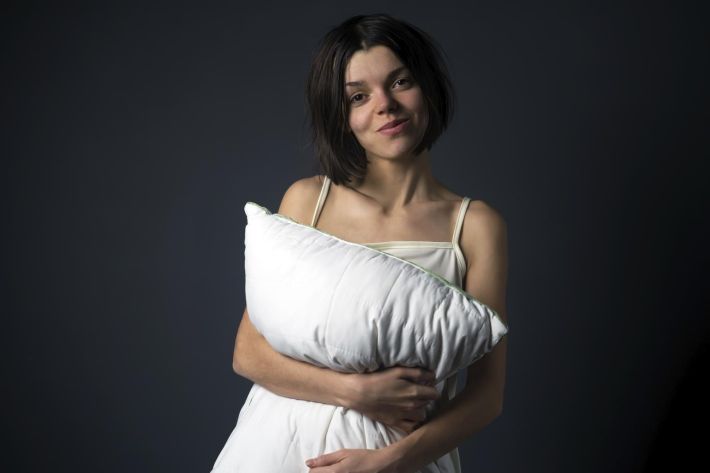
A study published in the Journal of Clinical Sleep Medicine found that the content of more than 70 per cent of melatonin supplements varied widely from their label claims. The concentration ranged from 83 per cent less than the amount listed to 478 per cent more.
Dr Kolla advised looking for a GLP (good laboratory practice) or GMP (good manufacturing practice) label, which refers to federal regulations designed to affirm a product’s advertised quality and purity.
You don’t know what you’re getting, so you trust the manufacturer. He added that melatonin comes in pills, gummies or liquid; the choice comes down to personal preference.
What are alternatives for chronic insomnia?
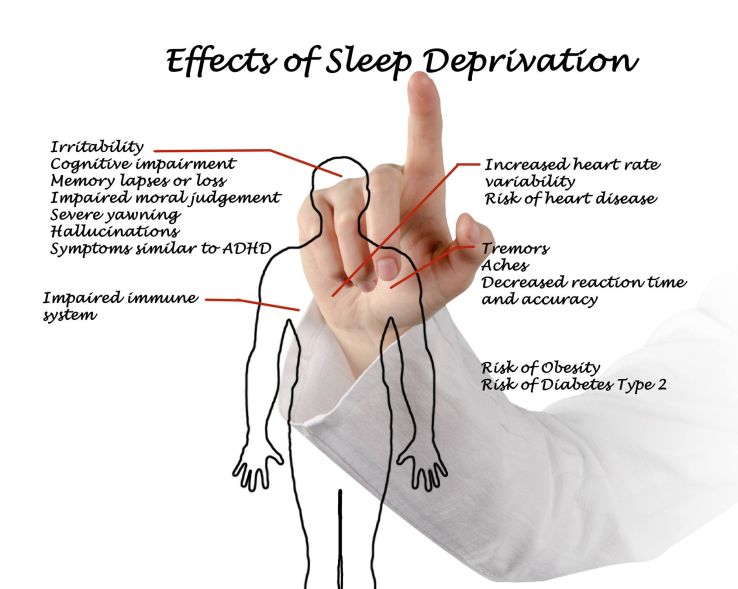
Sleep doctors strongly urge people with chronic insomnia to seek cognitive behavioural therapy, a short-term psychological treatment that can help get to the root of the problem.
“If you give melatonin to a patient, and you don’t complement it with behavioural therapy for insomnia, you may not necessarily see the effects you’re looking for,” Dr Avidan said.
Many common behaviours can also make it harder for us to fall — or stay — asleep, including using our phones near bedtime, which can hamper natural melatonin production. Meditation may help, as can warm showers and cool bedrooms or giving up caffeine and alcohol.
There are many other things people could do to help themselves sleep better, Dr Martin said. “They’re just harder.”
Melatonin is not addictive, according to sleep experts and psychologists. There is no evidence that you can become physically dependent on the supplement, and you typically won’t develop withdrawal symptoms if you stop taking it. But if you’ve become convinced that taking melatonin is crucial for sleep, experts say, you still may struggle to kick the habit.
Someone who relies on melatonin might worry that they can’t sleep without it — an anxiety that, in itself, makes falling asleep more difficult, said Jennifer Martin, president of the American Academy of Sleep Medicine board of directors and a professor of medicine at the David Geffen School of Medicine at UCLA. She’s seen that pattern in some patients.
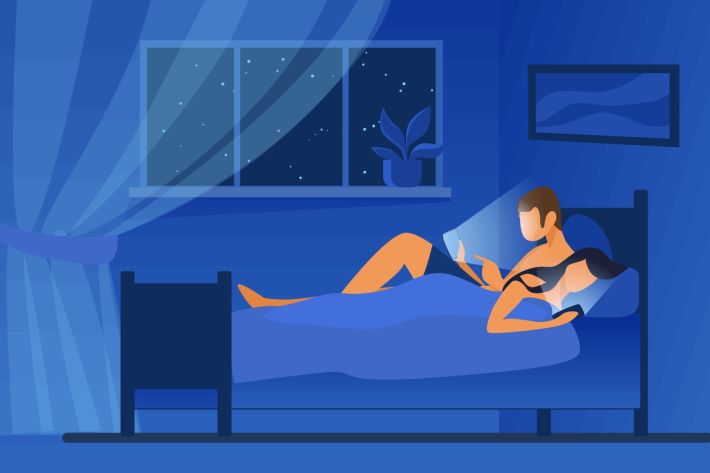
Today, however, many issues can affect the release of melatonin and the stress hormone cortisol in our bodies. During the winter period, people wake up, work in darkness and then be inside all day, not to mention sick building syndrome and then go home in the dark.
They spend their evenings bathed in artificial light and looking at screens. Unfortunately, artificial light and LED lights with the blue spectrums from screens signal the body to stop the release of melatonin at night.
Unlike our ancestors, today’s humans are disconnected from the waking effect of the sun and the sleep-inducing darkness of night.








